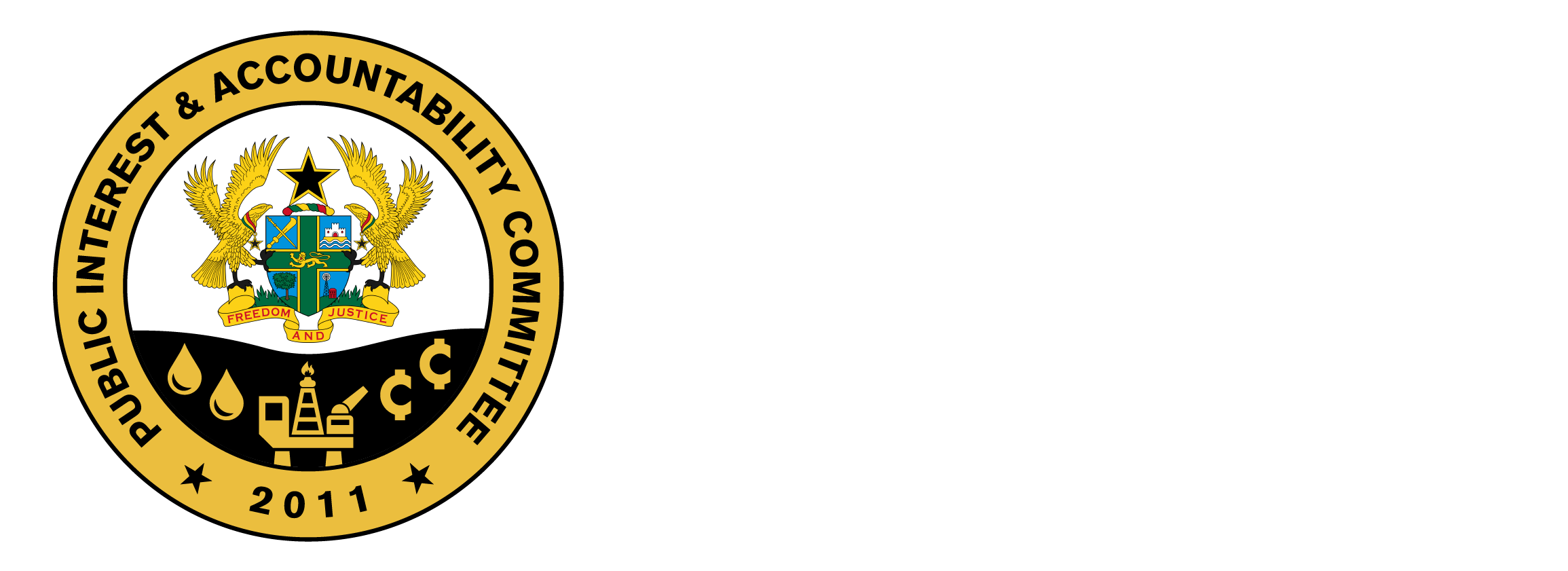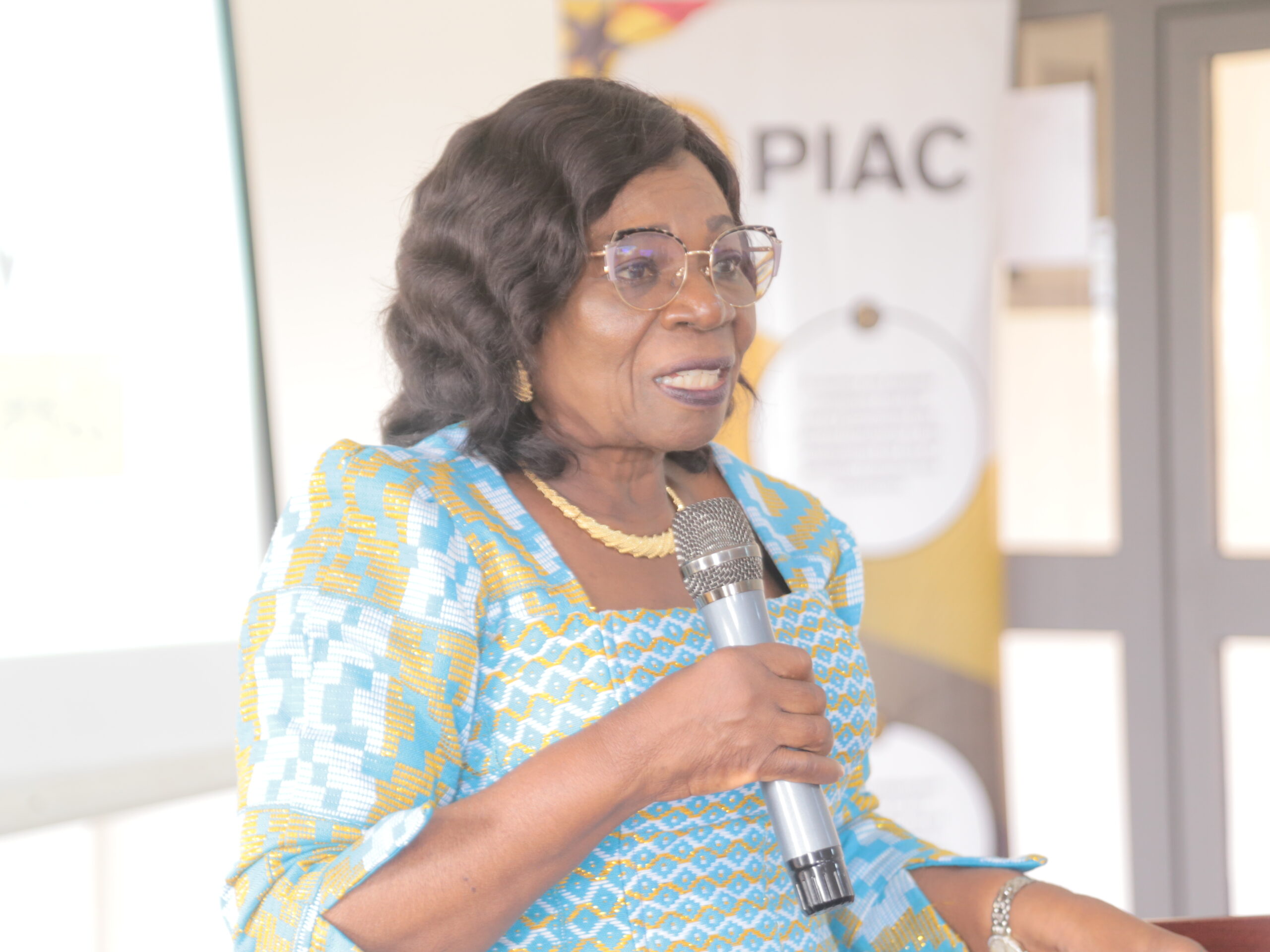Auditing expended oil revenue at the District Assemblies is a challenge, some Internal Auditors of the Ghana Audit Service (GAS) have disclosed.
This, according to them, the lack of a clear outlining of how much oil revenue fund makes up the District Assemblies Common Fund (DACF) disbursement of each assembly was worrying.
Mr Richard Mortey, Assistant Director of Audit, GAS, Dodowa Office, shared this sentiment at a Public Interest Accountability Committee (PIAC) forum organised for stakeholders at the Shai Osudoku District of the Greater Accra region.
He urged PIAC to recommend the decoupling of the district assemblies share of Annual Budget Funding Amount (ABFA) from the DACF to enable transparency in the use of the oil revenue for capital expenditure projects.
He said such a recommendation when implemented would go a long way to help PIAC and other stakeholders monitor the use of petroleum resources based on the reports of auditors at the district assemblies.
“DACF as a fund has a gamut of expenditure under it and some of it being administrative and goods and services. When revenue is released from the petroleum fund, the likelihood of misappropriation or misapplied is very high. But when it is dedicated, it makes the work of stakeholders and reviewers like auditors very easy,” he said.
“DACF as a fund has a gamut of expenditure under it and some of it being administrative and goods and services. When revenue is released from the petroleum fund, the likelihood of misappropriation or misapplied is very high. But when it is dedicated, it makes the work of stakeholders and reviewers like auditors very easy,” he said.
Based on a 2019 Supreme Court ruling in the case of Kpodo and another versus the Attorney-General, the DACF was to receive 5 per cent of the ABFA.
In 2023, an amount of US$24,298,598.18 (GH¢270,907,662.28), representing 5 percent of the 2023 ABFA, was disbursed to the DACF in compliance with the decision of the Supreme Court.
According to the PIAC annual report, however, about 54 percent of the ABFA disbursed to the District Assemblies Common Fund was used for Goods and Services (recurrent expenditure).
This was contrary to Section 21(4)(a) of the PRMA, as amended, which provides that not more than 30 percent of the ABFA shall be used for Goods and Services.
SOURCE: GHANA NEWS AGENCY


